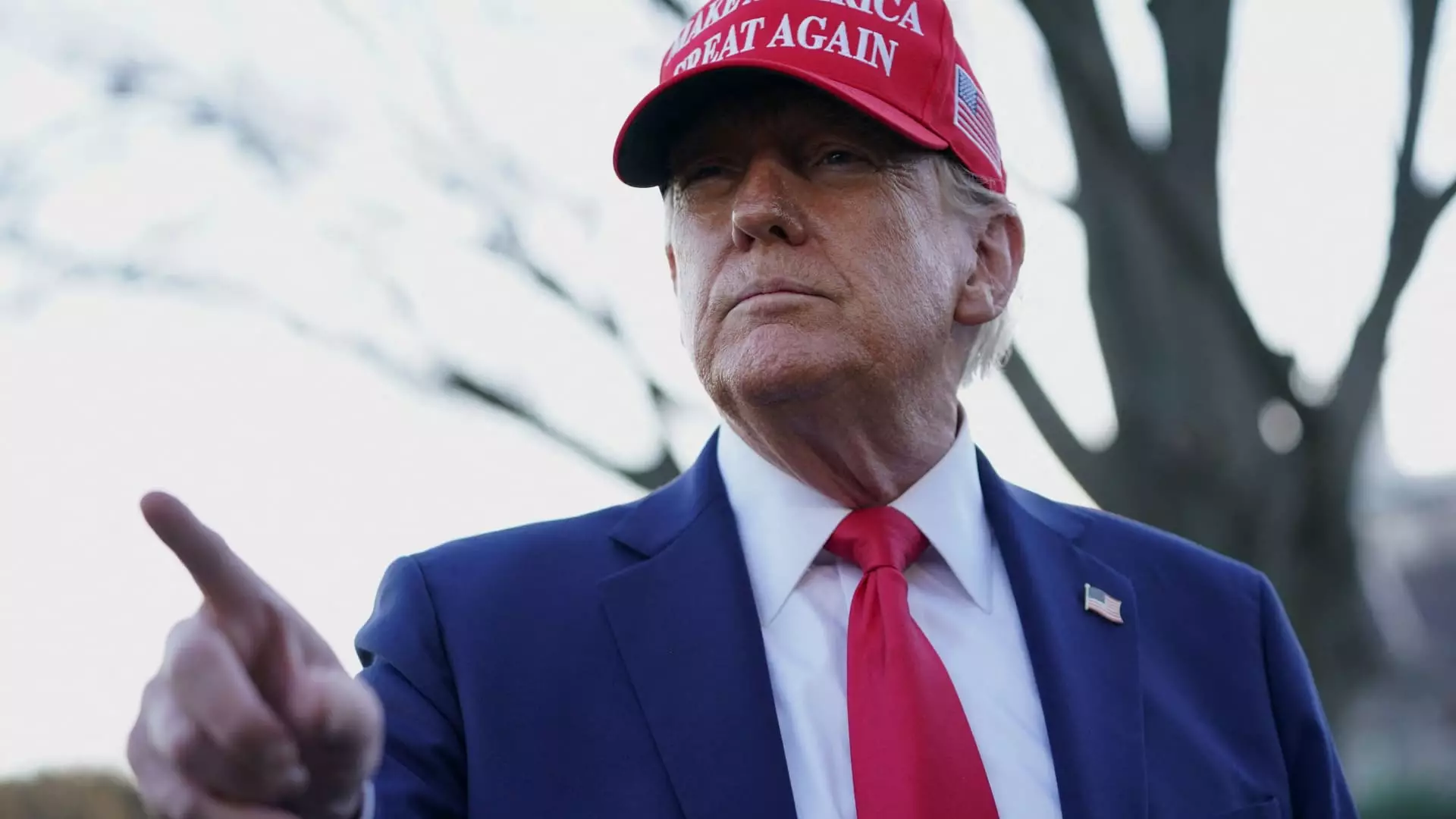The recent lawsuit filed by the Trump Organization against Capital One is raising eyebrows across the political spectrum, particularly given its implications for free enterprise and freedom of speech. With allegations that the bank unjustifiably closed over 300 accounts tied to President Trump’s businesses in the aftermath of the January 6 Capitol insurrection, the case is poised to ignite fervent debates surrounding corporate responsibility, political bias, and individual rights. According to the Trump Organization, which argues that the closures serve as a politically motivated affront to their legitimacy, the ramifications of this situation extend past their financial losses, posing broader questions about the intersection of finance and politics in today’s America.
Corporate Ethics or Political Agenda?
At the heart of the allegations is the assertion that Capital One’s decision was motivated by a desire to distance itself from the controversial Trump brand. Eric Trump, who is deeply involved in the family business, frames the actions of the bank as both an attack on free speech and a thinly veiled effort by corporations to suppress conservative viewpoints. This claim is not merely a defense against losing their financial lifeline; it is a narrative that positions the Trump Organization as a victim of ‘woke’ capitalism, where corporate entities are accused of wielding undue influence over political discourse. While some may argue that businesses should maintain a distance from controversial figures to safeguard their own reputations, others see this as a slippery slope toward censorship disguised as business ethics.
Impacts on Small Businesses and Entrepreneurs
The lawsuit showcases a troubling reality for entrepreneurs who find themselves entangled in political rhetoric. With the Trump Organization claiming financial damages in the millions, the potential consequences do not only affect them; they ripple out to countless other businesses. Small business owners across America could face similar situations where their banking relationships may be jeopardized simply based on their political affiliations. In an era where accountability is often yo-yoed between social justice and corporate accountability, what does it mean for the fabric of entrepreneurship if financial institutions begin to assess clients based on ideology?
The Broader Implications for American Values
As the case unfolds, it forces us to grapple with the very essence of what it means to operate as a business in a democracy. Are we entering a phase where economic power is intertwined with political ideologies, resulting in a selective banking environment? The Trump Organization’s narrative paints a scenario where banks operate as gatekeepers that can dictate the terms of engagement for certain ideological expressions. In a nation founded on the principles of free speech and enterprise, how do we reconcile the actions of financial institutions with the rights of individuals and corporations to express political beliefs?
As this legal puff unfolds, it throws a spotlight on the ethical responsibilities of corporations. Should they protect individuals’ rights to engage in the political process, or should they distance themselves from controversial figures to protect their bottom lines and stakeholder interests? The answer isn’t straightforward, and therein lies the substance of the lawsuit: a multifaceted controversy that challenges our understanding of the interplay between business and politics in today’s charged climate.


Leave a Reply